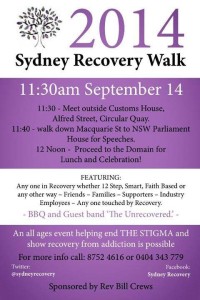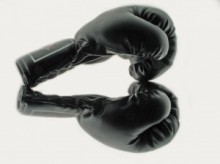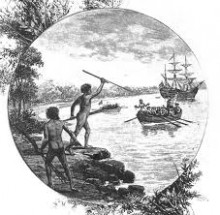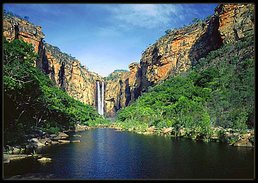“Culture has become life-giving medicine for our people, closing the wounds of the past and standing us strong to face the future.
Our Elders have been fundamental in this process. They are our wisdom keepers. They have seen the changes, so dramatically incurred in their lifetime. They are the vital bridge between the modern world and Aboriginal culture. They are the leaders of our communities, to whom we continue to rely on for guidance and counseling.

 When I came to live in Australia in December 2008, I knew little about the past government policy of removing Australian Aboriginal and Torres Strait Islander children from their families. This policy was introduced by Federal and State government acts in order to assimilate Aboriginal and Torres Strait Islander children into the white-dominated society of Australia. In essence, to help ‘make’ these children ’white’. Children taken from their families as a result of this policy are now known as the ‘Stolen Generations’.
When I came to live in Australia in December 2008, I knew little about the past government policy of removing Australian Aboriginal and Torres Strait Islander children from their families. This policy was introduced by Federal and State government acts in order to assimilate Aboriginal and Torres Strait Islander children into the white-dominated society of Australia. In essence, to help ‘make’ these children ’white’. Children taken from their families as a result of this policy are now known as the ‘Stolen Generations’.







